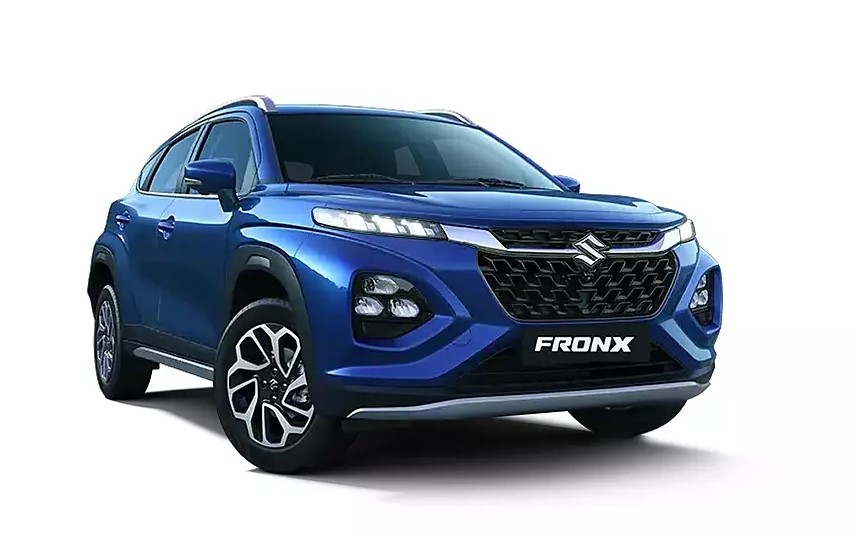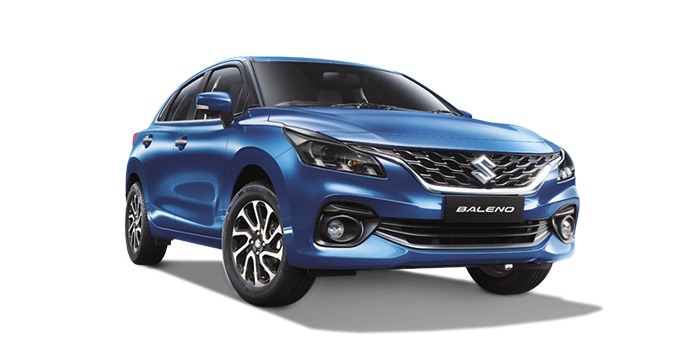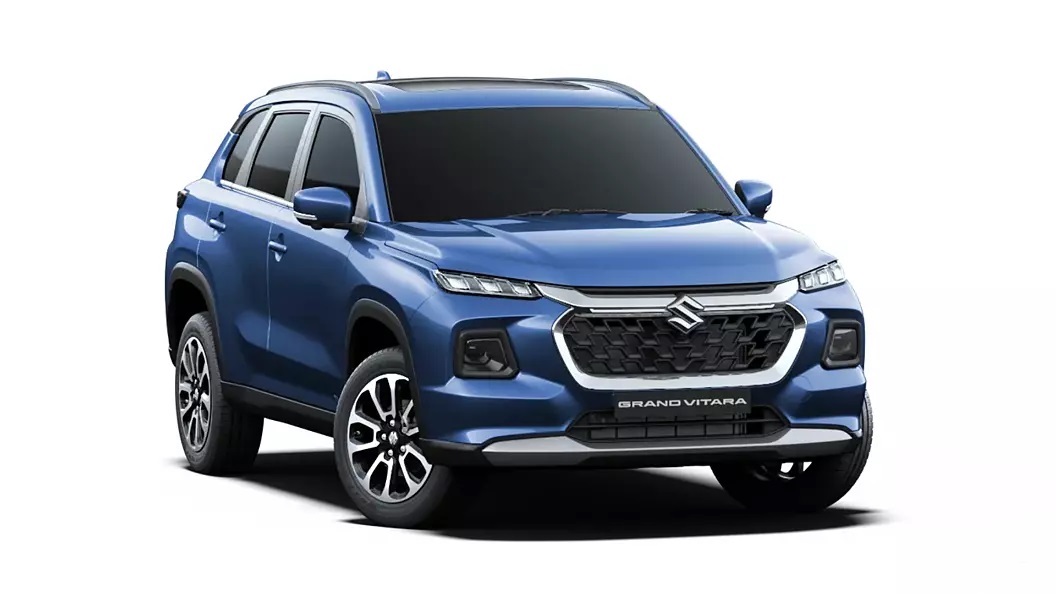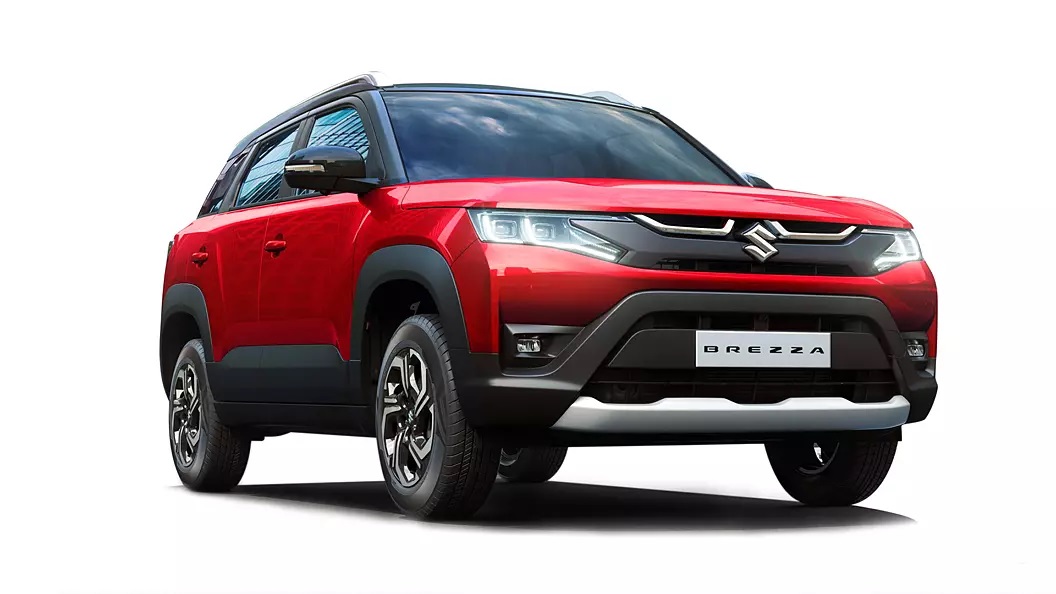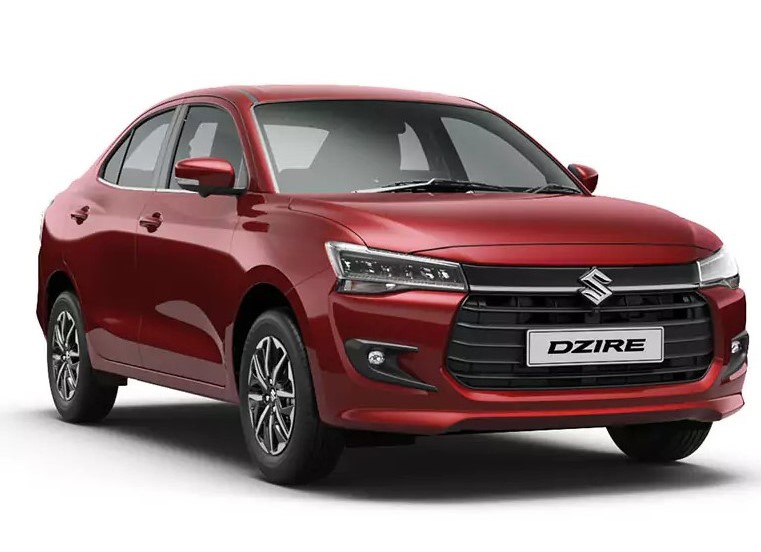What is the New BH Series Registration Plates for Vehicles
What is the New BH Series Registration Plates for Vehicles
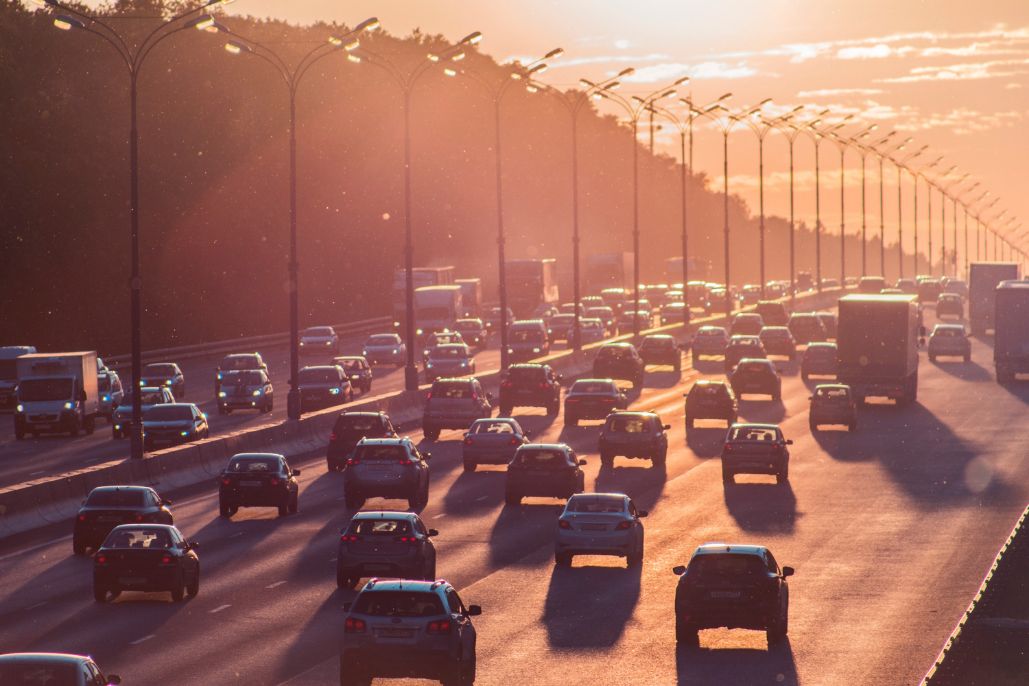
India is witnessing a transformation in infrastructure development, governance, and official policies. The new BH series registration is one of the latest developments that occurred in the road transportation sector. Effective 15th September, the registration rules will change for the benefit of the car owners.
Think of the predicaments related to vehicle registration, encountered by the central government employees, defence personnel, employees of multinational companies having branches in different states, and other jobholders who were subjected to inter-state transfer.
Besides the headache of finding a new home, shifting household items, and starting the life from zero, at the new destination, they were forced to go around RT offices, obtain NOC, pursue the formalities, and register the vehicle all over again, in the new state. Payment of road tax again as part of the new registration made the financial burden heavier. Re-registration was exempted for defence personnel and some central government employees by a specific provision in the laws. However, it was not a comprehensive waiver.
Vehicle owners would be relieved from all the quandaries with the introduction of the new “BH” series registration. It is stated to be a purely optional registration, which can be preferred by individuals in transferable jobs. The provision is not limited to central government or state government employees. But, those working in the private sector also can avail of this facility.
What is the Current Vehicle Registration System?
The presently followed registration system is a state-based one, with the prefixed alphabets indicating the state. All the info concerning the vehicle will be saved in the database of the parent state (the state where the vehicle was registered initially).
One can use the vehicle with the registration number of the previous state, for a period of 12 months. During this time, all the formalities must be completed and the vehicle must be registered in the present state.
Presently, the individual should follow certain steps for transfer of the vehicle to another state:
- Obtain No-Objection (NOC)Certificate: The first thing you should do is to obtain the NOC certificate from the RTO from which the vehicle was registered.
- Take the vehicle to the state which you need: After you get the NOC certificate from your RT office, you can take your vehicle to the state you will live in.
- Visit the State RTO: Visit the RTO of the other state in which you will live permanently..
- Submit all the required documents: You should verify all the documents before you submit them.
- Fill Road-Tax Challan: The RTO of the new state will issue you a new challan for road-tax. Pay the fees.
- Vehicle Verification: In the presence of the RTO officer, get the vehicle inspected. The officer or his representative will take the imprint of the chassis number.
- Collect the New Registration Certificate: After the verification is complete, you can confirm the date on which you can collect the RC for the new state.
What is the New Vehicle Registration System Going to Be?
It seems that the government has been planning the new system for some time. The introduction of VAHAN or the Integrated Solution for Vehicle Registration had been the first step towards the new registration system.
The formalities for “BH” series registration would commence from 15th September 2021. All the applications and other required formalities would be carried out online. Extending optimum convenience and comfort to the vehicle owners. The exact process and shortcomings (if any) of the system would come to the light once the registration starts.
Amendment in the Central Motor Vehicle Rule 47 of 1989 stipulates that the vehicle with BH registration will not need re-registration anywhere in India. The road tax would be collected for two years, unlike the previous registration process, wherein it was for 15 years. The road tax can be paid for multiples of two subsequently, up to the 14th year. From then on, the tax would be annual.
The new number will look like “12 BH XXXX AB”.
Eligibility for Applying for BH Series Number Plate
BH series registration number is randomly allotted by a centralized computer network. Persons can submit the documents to the assigned offices in the state. The application is on a purely voluntary basis. Form 60 has to be furnished and documents including ID proof and employment details are to be submitted.
Employees in any of the following can apply for BH registration:
- Defence personnel
- Central government employees
- Central or State PSU employees
- Employees from the private sector working in a company that has offices in four or more states/ UTs
Road Tax Regulations
Road tax also would be regularized according to the new registration policy. The road tax has been solely dependent on the state until now. This has been causing a wide variation in road tax from state to state and state to UTs. For example, the road tax in Pondicherry is meagre compared to the tax in Kerala.
The central government has stipulated that the road tax for BH registration vehicles will depend on its ex-showroom price. The vehicles costing up to 10 lakh have to pay 8% as road tax. For a vehicle costing 10 to 20 lakh, the tax would be charged at 10%, and for those above 20 lakh, the tax would be 12%. As per the new rules, EVs can save 2% on road tax and diesel vehicles will have to pay 2% extra. Nonetheless, the tax may also depend on the state government policies as well.
We expect that the new registration rules will be in favour of the public. It is expected to reduce red-tapism, additional expenses, and other associated issues.




